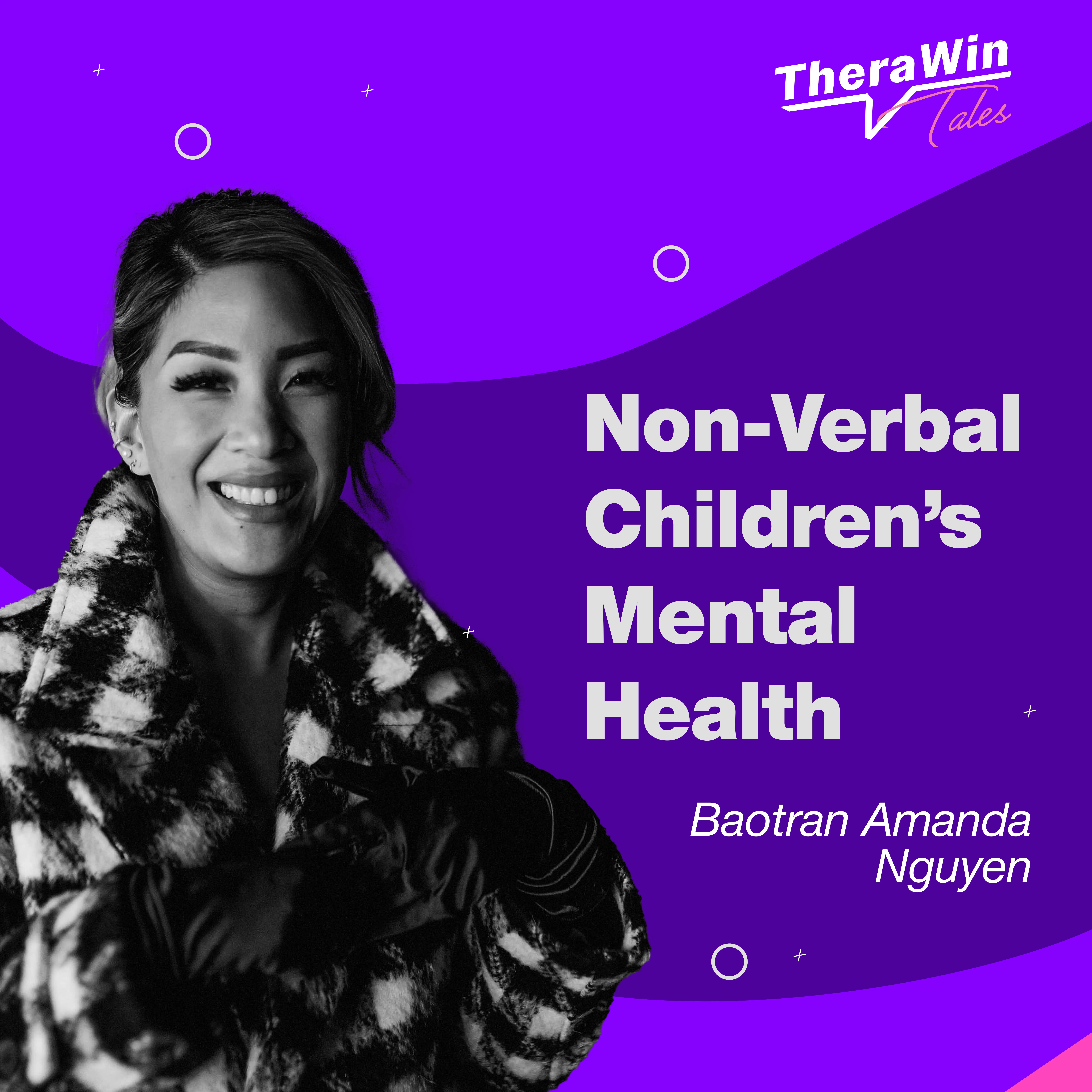Many people wonder if what they're experiencing is “serious enough” to need therapy, and it's a common question. If you're feeling stuck, overwhelmed, or unable to enjoy things you used to love, therapy can help you figure out what's going on and provide tools to feel better.
Here are some signs that might indicate you could benefit from depression therapy:
Persistent Sadness or Low Mood: If you've been feeling down, hopeless, or empty for weeks or months, therapy can help you explore why and give you ways to manage these feelings.
Lack of Energy or Motivation: Depression can drain your energy, making it hard to get through the day. Therapy can guide you in building healthy routines and restoring your motivation.
Changes in Sleep or Appetite: Whether you're sleeping too much or too little, or experiencing appetite changes, therapy helps address the emotional and physical impact of depression on your daily life.
Difficulty Concentrating: If you're having trouble focusing, making decisions, or remembering things, therapy can help improve your mental clarity by addressing the root causes.
Withdrawal from Social Activities: If you find yourself avoiding friends, family, or activities you used to enjoy, therapy provides a safe space to explore these changes and work toward reconnecting with your life.
If any of these resonate with you, therapy might be the support you need to better understand your feelings and develop strategies to improve your mental health. Remember, there's no "right" time to seek help—if you're struggling, therapy can make a difference.











